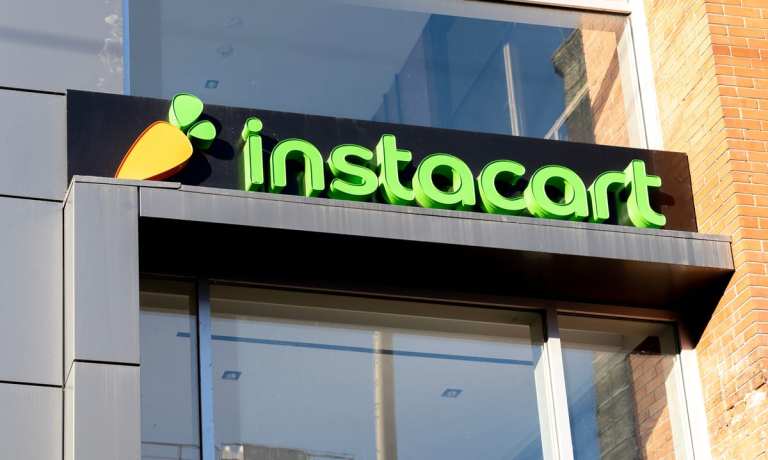Instacart Notches $265 Million On $39 Billion Valuation

Delivery startup Instacart is now valued at $39 billion — double its previous valuation — after its latest fundraise of $265 million, according to a blog post on Tuesday (March 20).
The new funding was led by existing investors including Andreessen Horowitz, Sequoia Capital, D1 Capital Partners, Fidelity Management & Research and T. Rowe Price. The company said it will use the financing to hire more employees and make strategic investments in central business areas.
“The Instacart team unlocked one of the most operationally complex industries and brought it online to the benefit of the entire grocery ecosystem. As a long-time investor, we’ve been incredibly impressed by the team’s resilience and how they met the moment of 2020,” Jeff Jordan, managing partner at Andreessen Horowitz, said in a press release on Tuesday (March 2). “We believe this is just the beginning for online grocery, and Instacart is well-positioned to continue to lead in this emerging space.”
Instacart said it will expand its corporate workforce by 50 percent in the first six months of this year. The Silicon Valley company is also planning to enhance its marketplace, advertising, and enterprise solutions.
The platform has developed almost 600 retail partnerships comprising over 45,000 stores to deliver merchandise to more than 85 percent of U.S. households and 70 percent of Canadian households.
“In 2020, we added more than 200 new retailers and more than 15,000 new store locations to the Instacart marketplace. We’ve also expanded our same-day delivery and pickup offering across several new categories, including prescriptions and over-the-counter medications, office supplies, electronics, health, beauty and wellness, home decor, sports equipment and more,” according to the blog.
Last month, Instacart launched same-day delivery services for 6,000 Family Dollar stores. The company also said in February that it was moving closer to filing a public offering and appointed new executives — Fidji Simo, app head at Facebook, and Barry McCarthy, former CFO for Netflix and Spotify.
The delivery platform took the lead in a discussion in January about the eligibility of gig workers to get the COVID-19 vaccine before the general public.